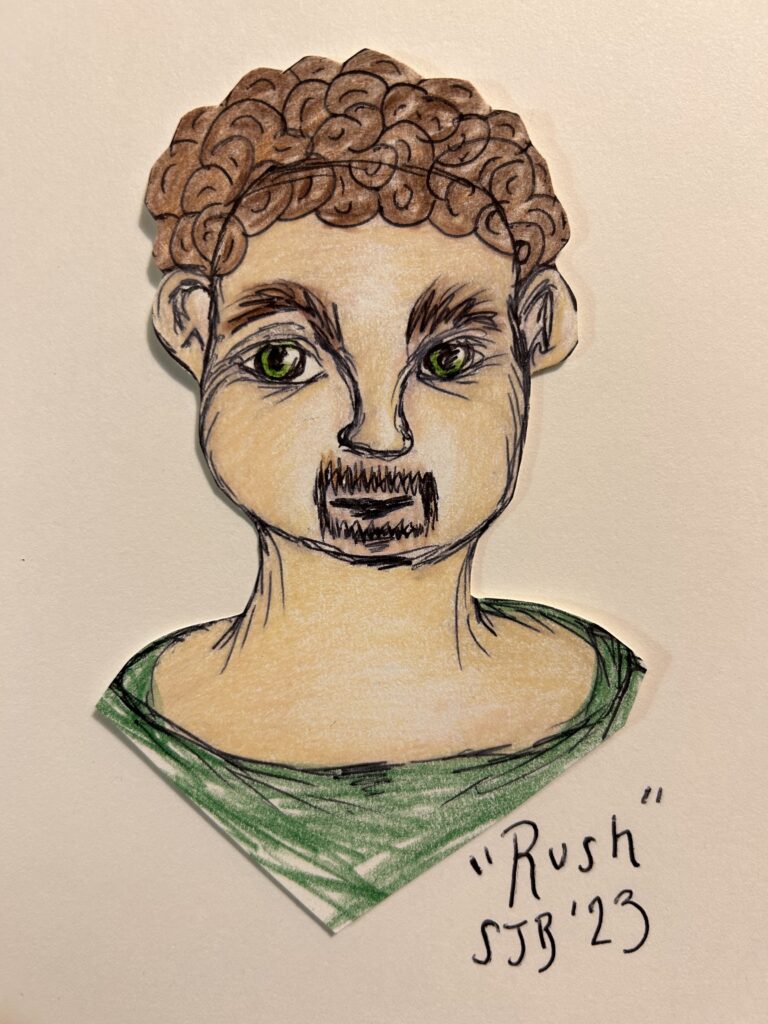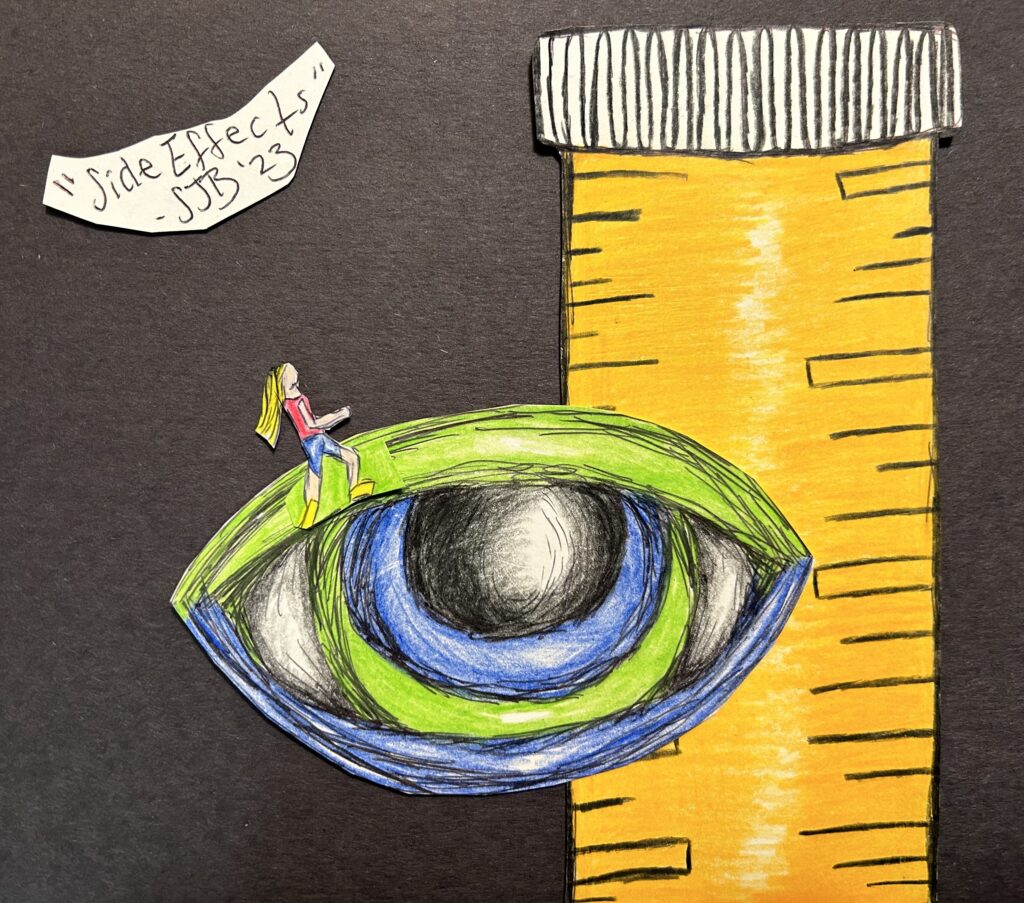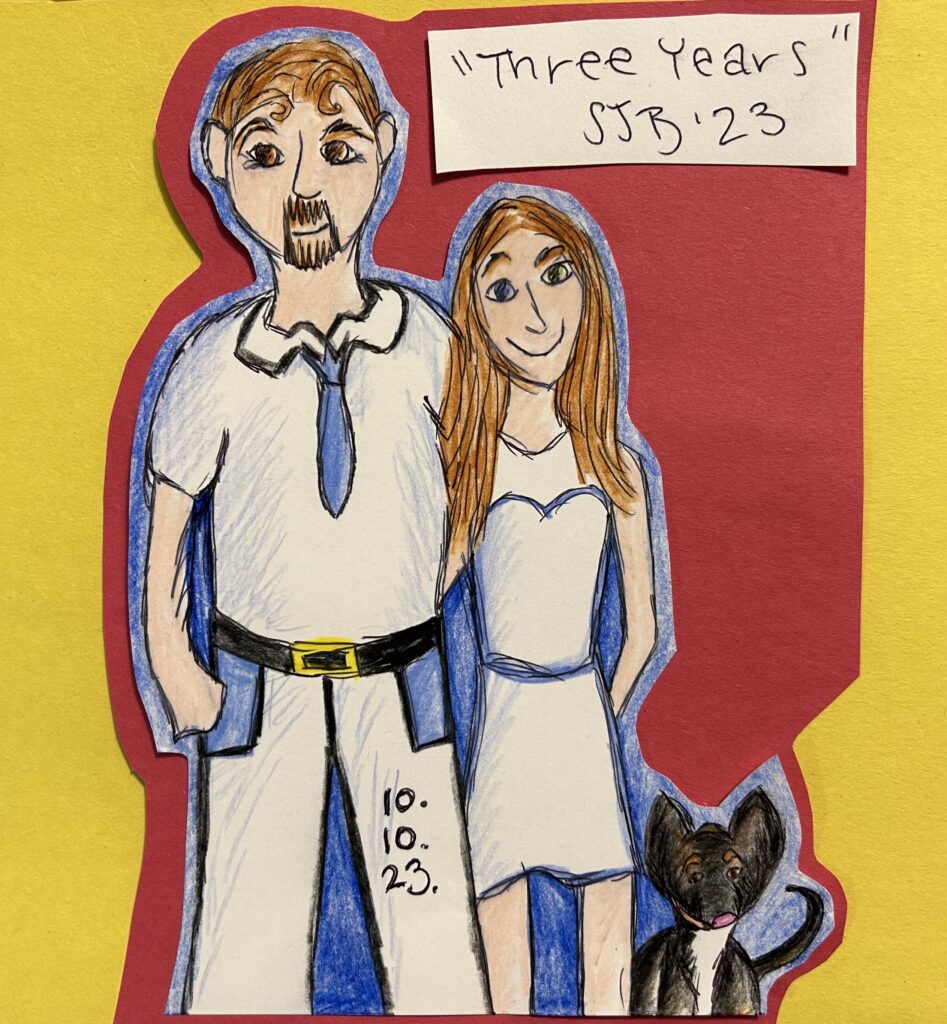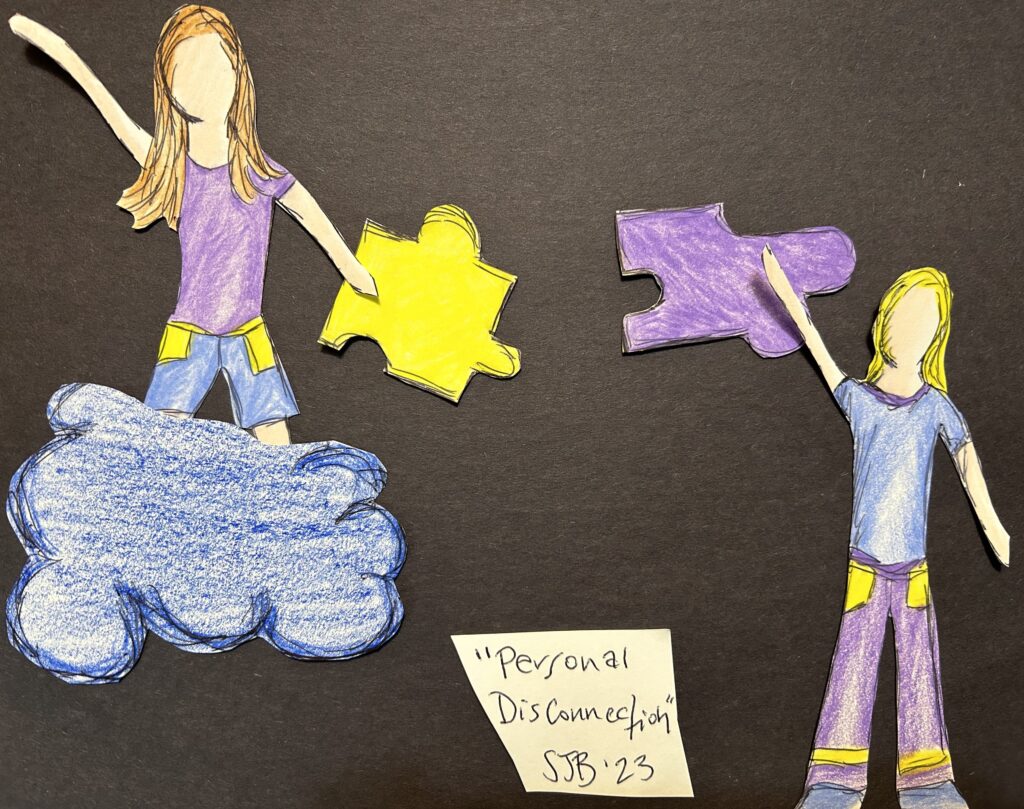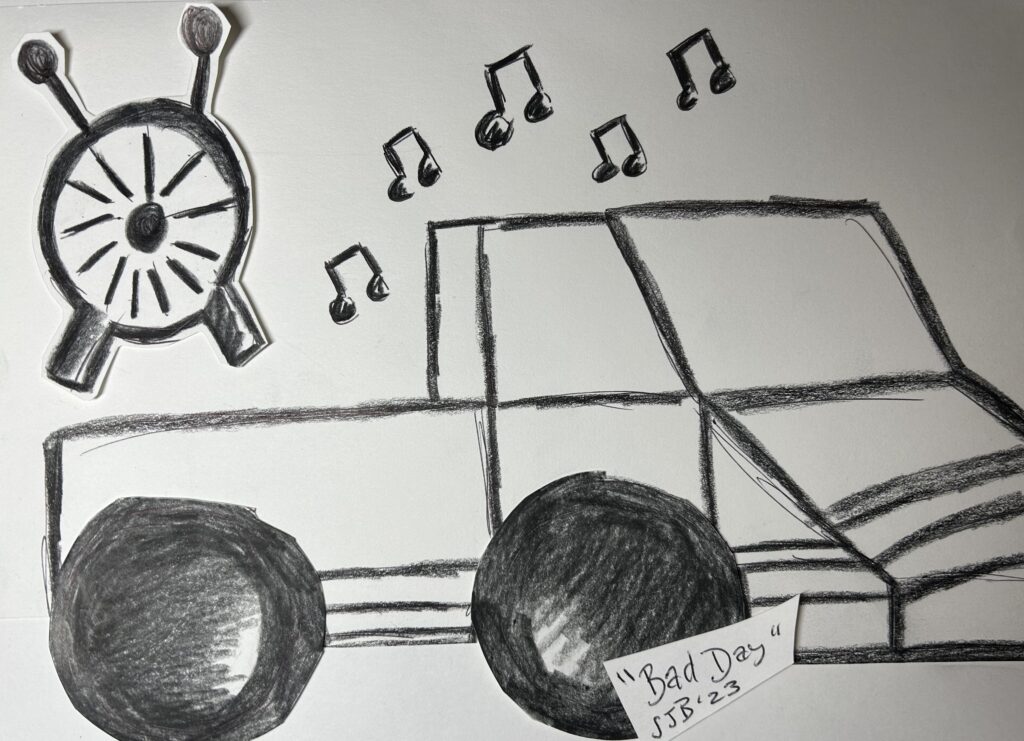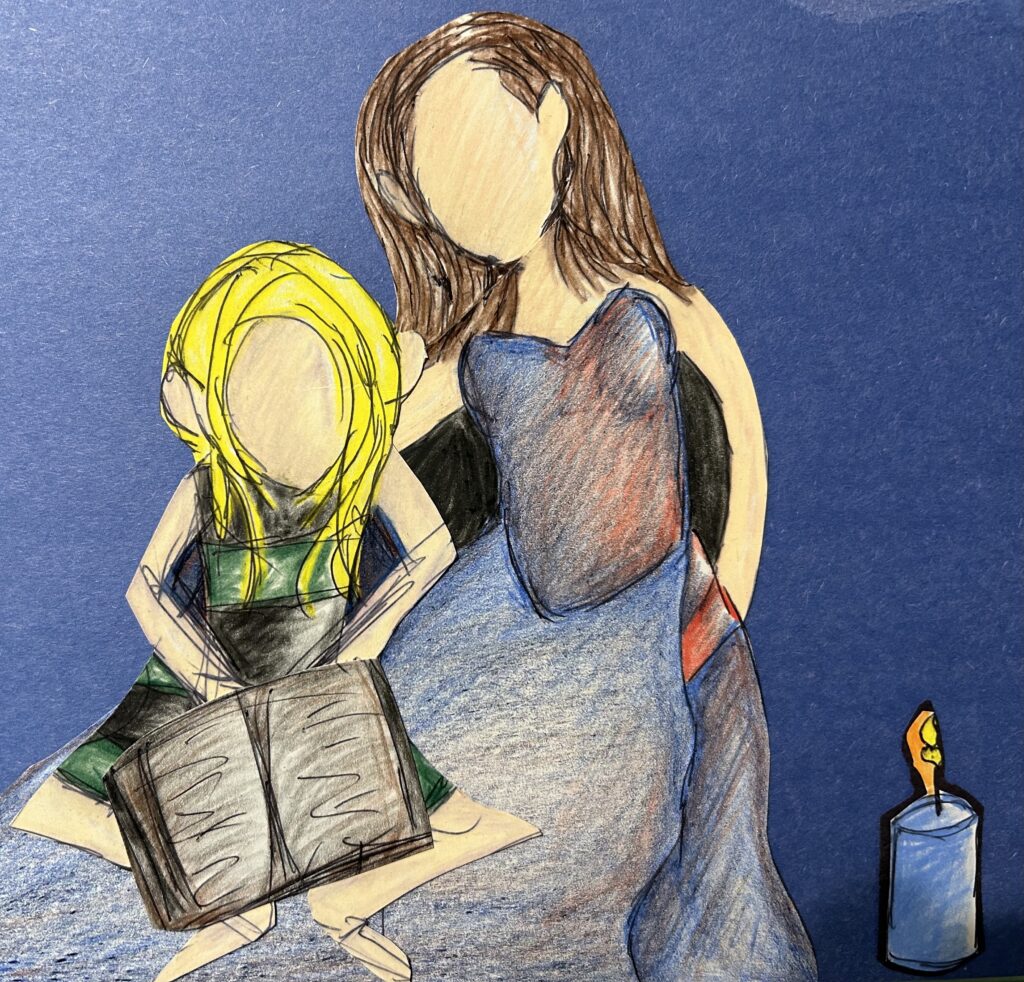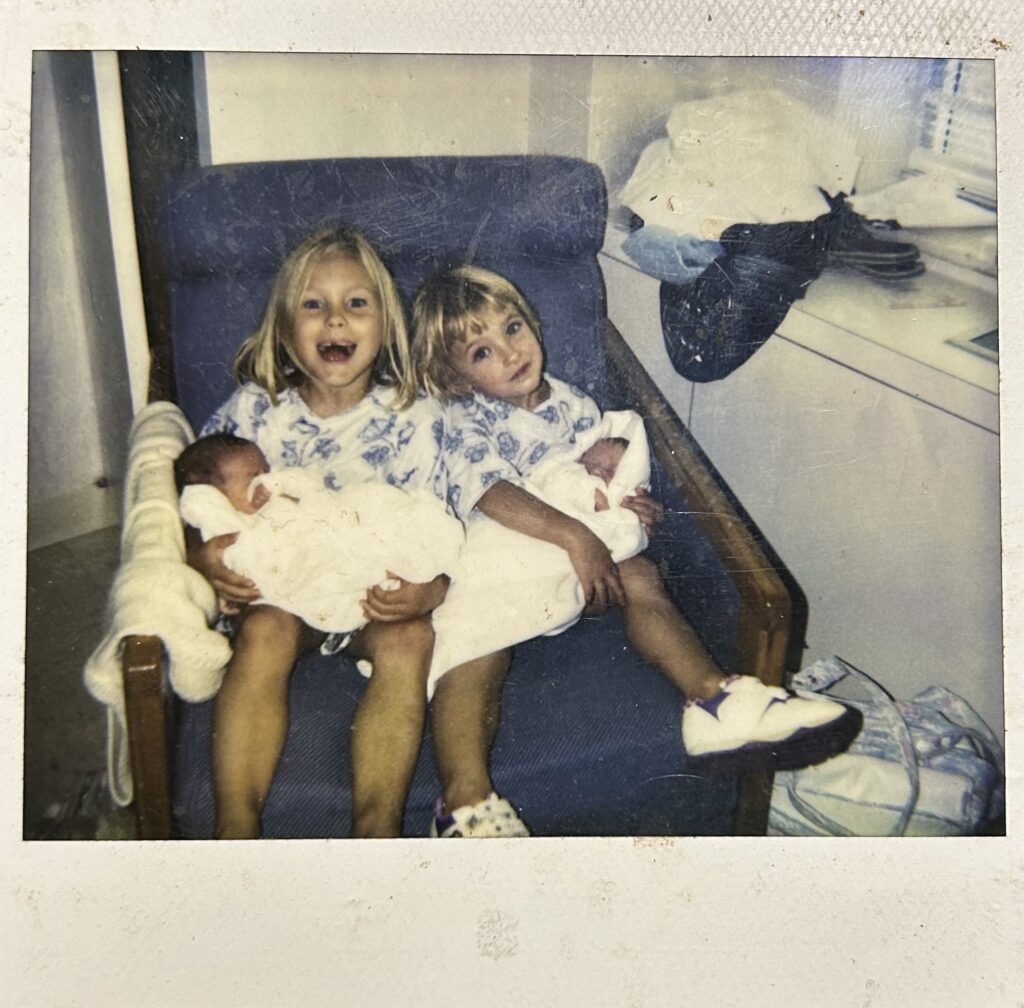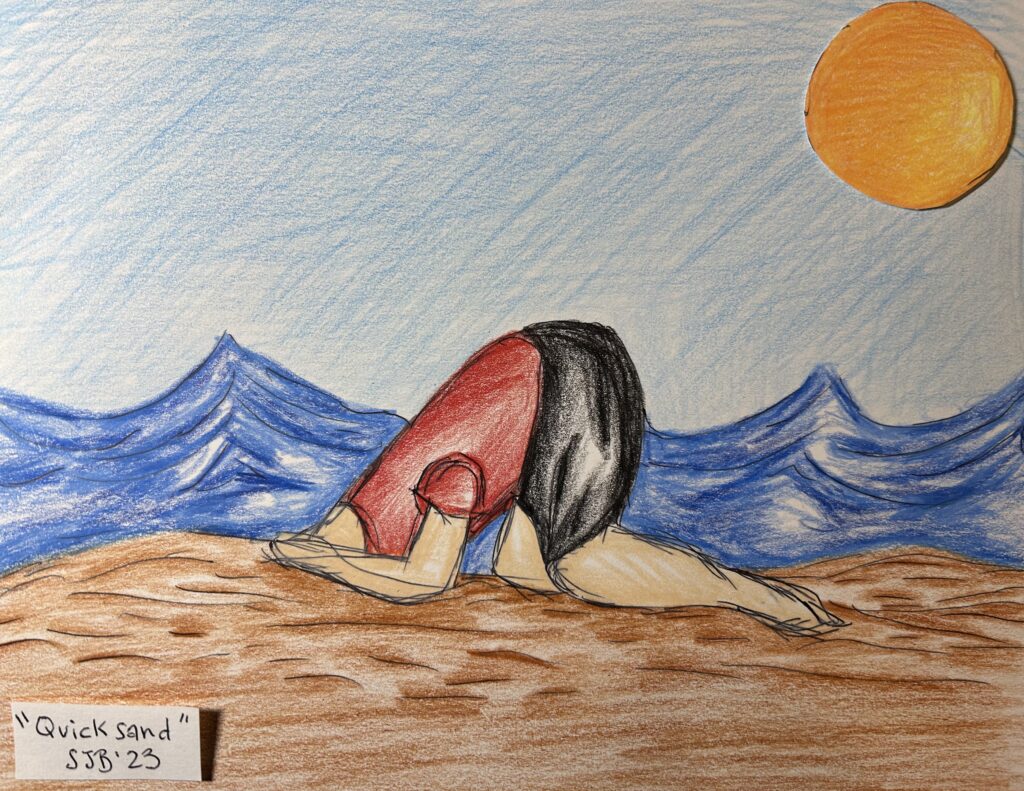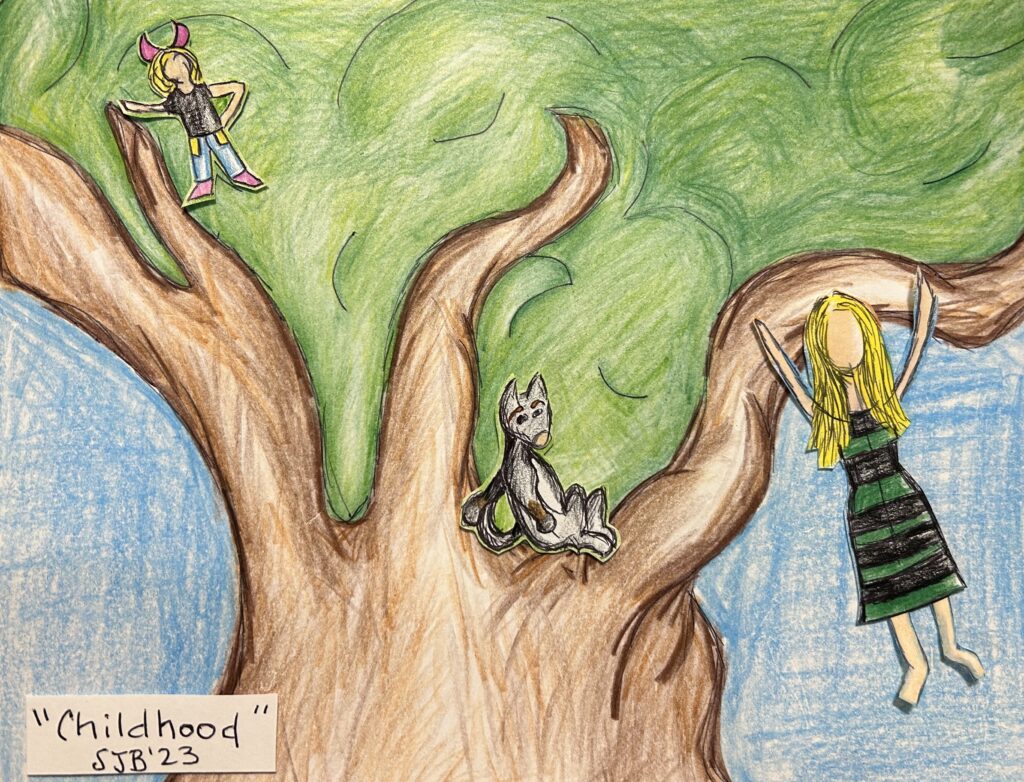
Everything in life is temporary. For some, it is difficult to enjoy because it won’t last forever. Others make lemonade so often they forget to take pictures. Life sweeps us off our feet, no matter how we begin.
I am the eldest of four daughters. My parents are still happily married. Mom worries that our childhood wasn’t enough, that it could have been better. I don’t know why she is concerned about that, because my childhood was magical. We all have reflections; many of us have regrets. My life has not been perfect, and memories distort reality over time, but our early years as a family were so special. She needn’t fret.
I was shy and quiet, with good grades and excellent athletic abilities. I was competitive. During Bill Clinton’s presidency, the country’s physical fitness was of utmost importance. We performed mandatory exercises for the Presidential Physical Fitness program, and competed against ourselves for good marks. “Good” wasn’t included in my vocabulary. I strived for “Great.” I ran the fastest mile. I did the most crunches. The coach asked me to demonstrate pull-ups for the boys. When I reached the tenth, Coach said, “Ok, Sam, that’s enough.” With the support from my family, I grew up believing everything was possible. I can still hear my dad’s voice encouraging me to “Run like the wind.”
Creativity has always coursed through my veins. My parents embraced my artistic energy; they understood that elementary school art classes once a week were not enough to fuel my desire to create. Due to their attentiveness, they provided additional private lessons every Thursday afternoon. Thursday was my favorite day of the week when I was in the fourth grade.
As a child, it was frustrating to be an artist. I thought everything was supposed to look “real,” and nothing in my head was transferring to paper. During one of our community art shows, I discovered that art doesn’t necessarily have to fall under Realism. I was drawn to an unusual painting; I was perplexed. Here, the artist was clearly expressing herself in a different way than I had ever known. Colors, shapes, composition, no definitive meaning. Abstract art? I asked the artist many questions, and offered to buy that painting, proof that the world isn’t always real. You can make it your own. She gave it to me. It hangs in my house to this day.
Without my parents and sisters, I would not be the person I am today. I may not have been an athlete, a good student, an artist, a happy child.
My childhood was sacred. I am so grateful to have grown up in a world without social media. I climbed tall trees, swam in frigid water, explored, hiked, camped. I never doubted my parents’ love for me. They did not leave me alone with my struggles, then or ever after. I was built on a strong foundation, and I am tethered to the roots of our family tree. Sometimes I wander, but I never lose sight of home.
–SJB
Thanks to Mom, Dad,
Jessica, Kimberly, and Amy
